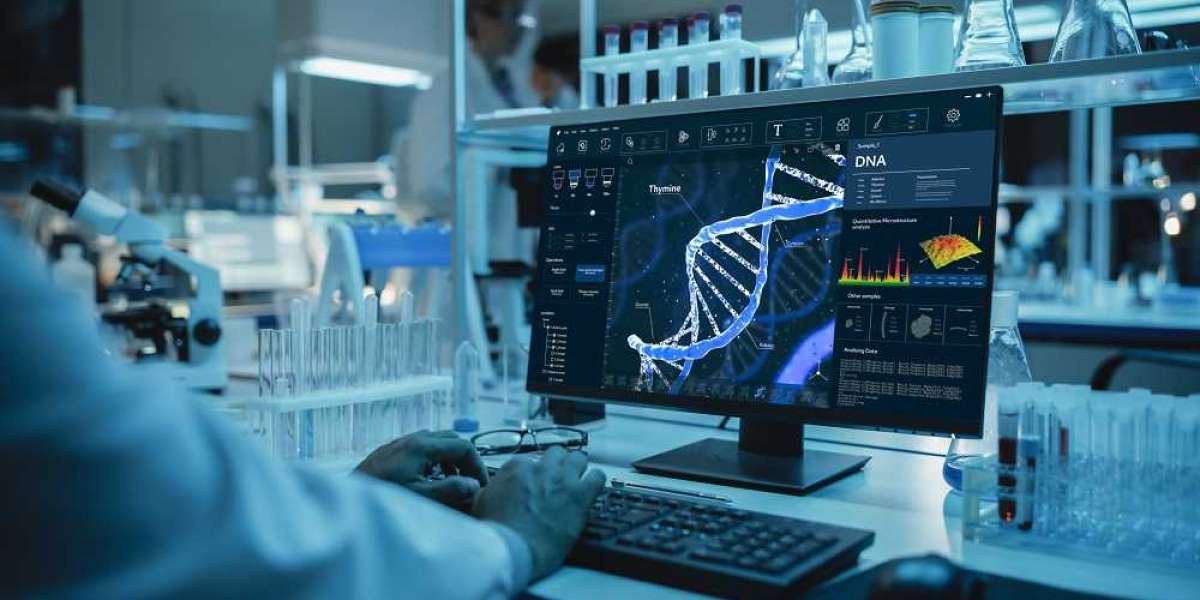The field of biomaterials is undergoing a transformative shift, driven by the integration of artificial intelligence (AI) technologies. As the demand for advanced materials with tailored properties continues to grow in applications ranging from tissue engineering to medical devices, researchers are increasingly turning to the power of AI to accelerate biomaterials development and optimization.
AI-Aided Material Structure and Performance Prediction
One of the key advantages of incorporating AI into biomaterials research is the ability to rapidly predict a material's structure and performance characteristics. By analyzing large datasets on material properties, compositions, and processing conditions, machine learning algorithms can identify complex patterns and relationships that would be difficult for humans to discern. This predictive modeling approach allows researchers to systematically design and optimize biomaterials with specific mechanical, biological, and chemical properties.
For example, AI models can be trained to predict a material's mechanical strength, degradation rate, or biocompatibility based on its molecular structure and synthesis parameters. This enables researchers to efficiently explore a wider design space and hone in on the most promising biomaterial candidates, greatly reducing the time and resources required for trial-and-error experimentation. As a result, AI-powered computational tools are transforming biomaterials discovery from a laborious, empirical process into a more streamlined, data-driven endeavor.
AI-Aided Material Synthesis and Preparation Optimization
In addition to predicting material structure and performance, AI technologies are also being leveraged to optimize the synthesis and preparation of biomaterials. Traditional methods of material fabrication often involve complex experimental procedures, which can be time-consuming and challenging to fine-tune. By applying AI algorithms to analyze experimental data and process parameters, researchers can identify the most effective pathways and conditions for material synthesis, leading to improved efficiency, reproducibility, and quality control.
For instance, AI-based optimization techniques can be used to determine the ideal reaction temperatures, reaction times, and precursor concentrations for the synthesis of polymeric biomaterials. By automating the exploration of this multidimensional parameter space, AI can help researchers rapidly identify the optimal processing conditions to achieve the desired material properties, such as molecular weight, mechanical strength, or drug-loading capacity. This AI-driven approach to materials synthesis optimization is particularly valuable in the context of biomaterials, where small changes in processing can have significant impacts on the final material performance.
AI-Aided Material Surface Modification and Functionalization
Beyond the bulk properties of biomaterials, the surface characteristics of these materials are also critical for their performance in biological applications. The surface chemistry, topography, and functionalization of a biomaterial can greatly influence its interactions with cells, proteins, and other biological entities. Recognizing this, researchers are increasingly incorporating AI into the development of advanced surface modification and functionalization strategies.
AI algorithms can be trained on extensive datasets of surface characterization data, material-cell interactions, and surface engineering techniques. By identifying patterns and relationships within this information, AI models can predict the optimal surface properties and modification approaches for a given biomaterial application. This may involve the selection of appropriate surface coatings, the design of topographical features, or the strategic incorporation of functional moieties to enhance cell adhesion, drug delivery, or anti-fouling properties.
Furthermore, AI can be coupled with automated robotic systems to enable high-throughput experimentation and optimization of material surface modifications. This synergistic integration of AI and advanced automation technologies can significantly accelerate the development of biomaterials with tailored surface characteristics, unlocking new possibilities in areas such as tissue engineering, implant design, and biosensing.
The Future of AI-Driven Biomaterials Innovation
As the field of biomaterials continues to evolve, the integration of AI technologies is poised to play an increasingly pivotal role. By leveraging the power of predictive modeling, optimization algorithms, and data-driven decision-making, researchers can streamline the development of novel biomaterials with enhanced performance and functionality. This AI-aided approach to biomaterials innovation holds great promise for accelerating the translation of advanced materials into real-world medical and biotechnological applications, ultimately improving patient outcomes and driving progress in the life sciences.








